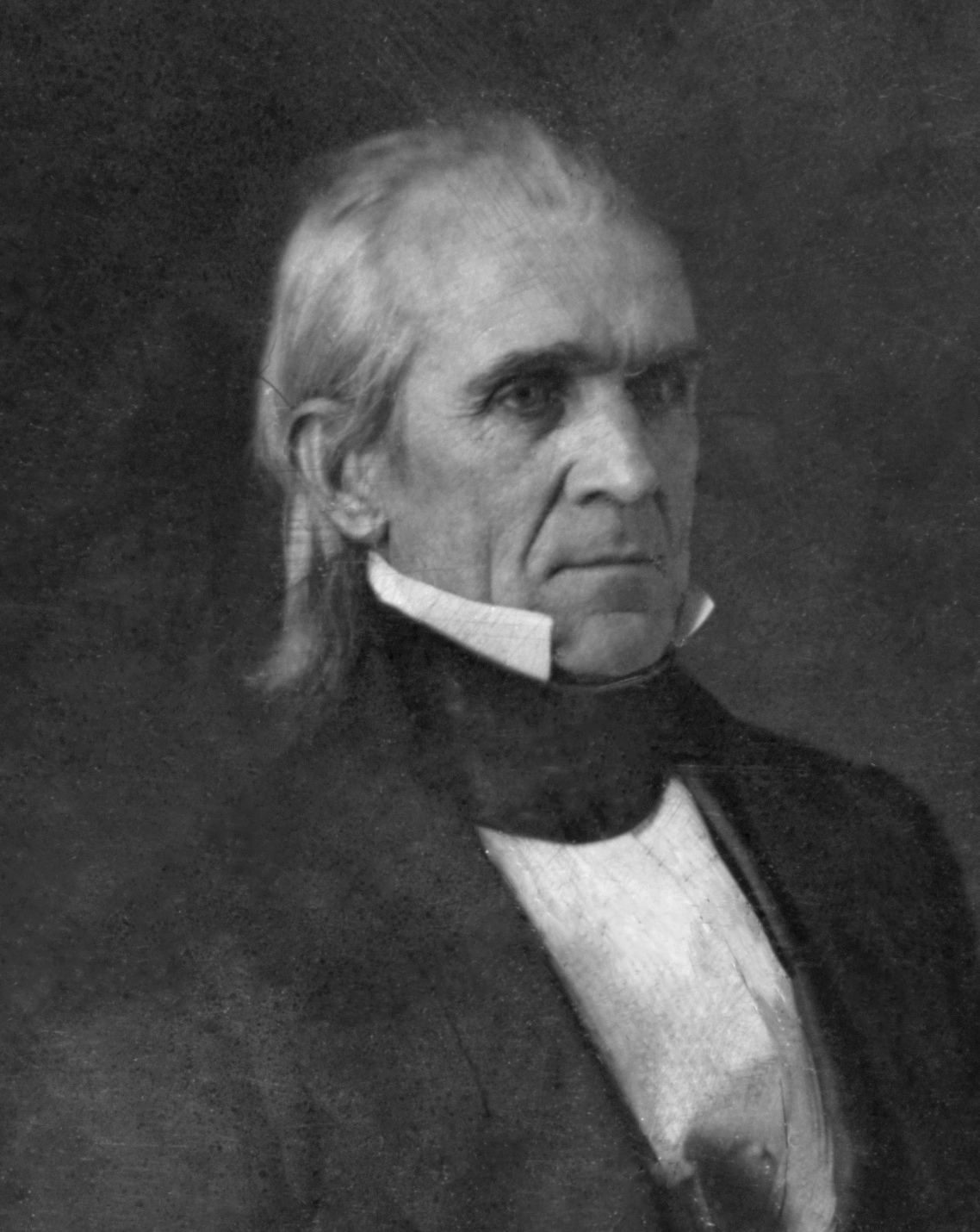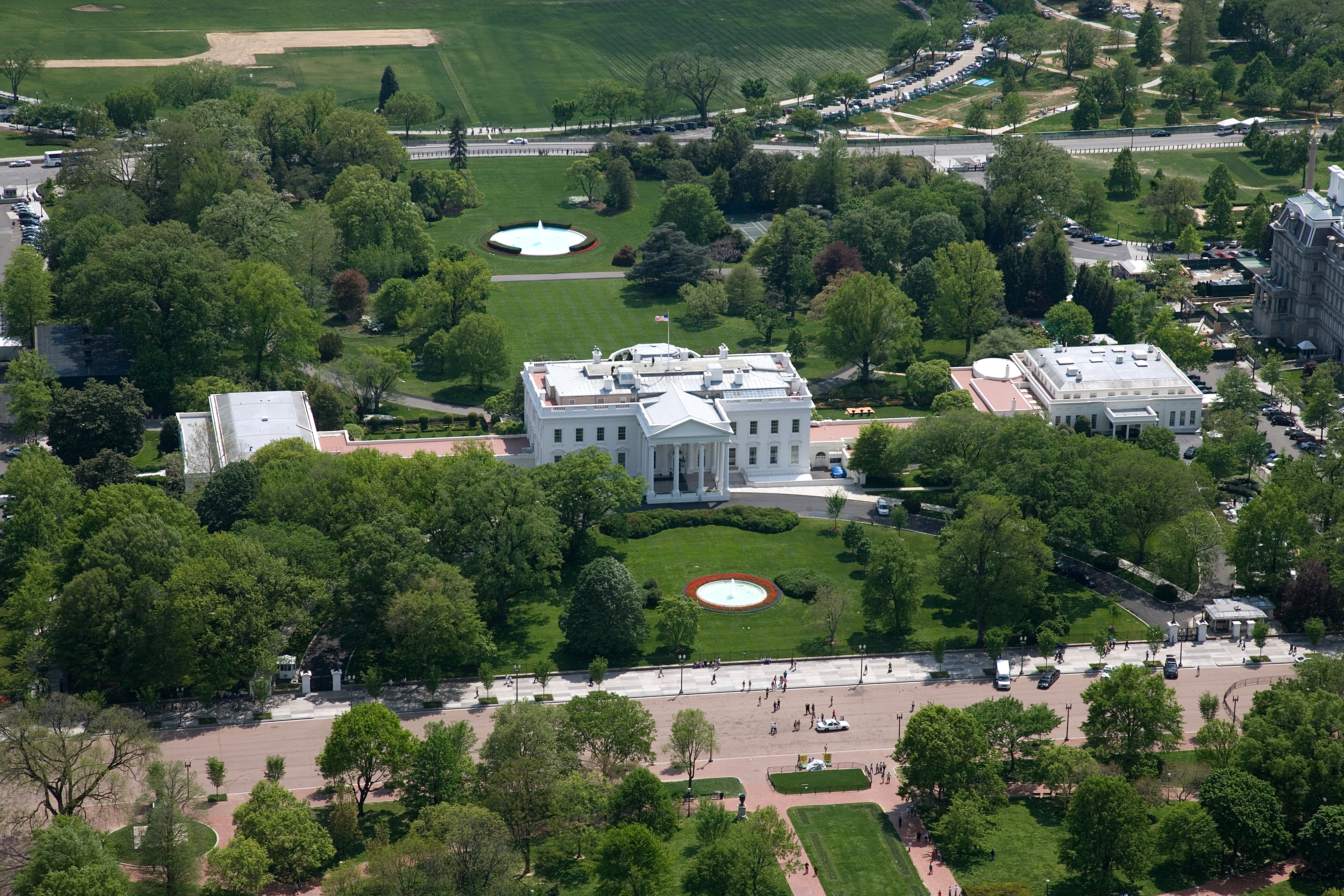|
Salt River (politics)
The phrase ‘to go up Salt River’ or ‘to be rowed up Salt River’ is a colloquial political slogan or catchphrase originating from the Antebellum South era of the United States, with its earliest references from 1827 onwards. It was often used in political cartoons and speeches as a metaphor to symbolise political defeat, or even specifically synonymous to ‘losing an election.’ It was later popularised in political expression by Ohio Representative Alexander Duncan when using it in a speech in the House of Representatives in 1839. Geographically, the Salt River is a 150 mile long river running through the state of Kentucky, running from near Parksville and emptying out into the Ohio River near West Point. Before the use of railroads, the Ohio river was the main waterway of travel, with boats carrying hundreds of passengers every day. As an implication, to go up Salt River was to leave the main, conventional way of travel, leaving people with the potential to "end up ... [...More Info...] [...Related Items...] OR: [Wikipedia] [Google] [Baidu] |
Antebellum South
In the history of the Southern United States, the Antebellum Period (from la, ante bellum, lit= before the war) spanned the end of the War of 1812 to the start of the American Civil War in 1861. The Antebellum South was characterized by the use of slavery and the culture it fostered. As the era proceeded, Southern intellectuals and leaders gradually shifted from portraying slavery as an embarrassing and temporary system, to a full-on defense of slavery as a positive good, and harshly criticized the budding abolitionist movement. The economy was largely plantation based, and dependent on exports. Society was stratified, inegalitarian, and perceived by immigrants as lacking in opportunities. Consequently the manufacturing base lagged behind the non-slave states. Wealth inequality grew as the larger landholders took the greater share of the profits generated by slaves, which also helped to entrench their power as a political class. As the country expanded westward, sla ... [...More Info...] [...Related Items...] OR: [Wikipedia] [Google] [Baidu] |
1844 United States Presidential Election
The 1844 United States presidential election was the 15th quadrennial United States presidential election, presidential election, held from Friday, November 1 to Wednesday, December 4, 1844. History of the Democratic Party (United States), Democrat James K. Polk defeated Whig Party (United States), Whig Henry Clay in a close contest turning on the controversial issues of slavery in the United States, slavery and the Texas annexation, annexation of the Republic of Texas. This is the only election where both major party nominees served as Speaker of the House at one point. President John Tyler's pursuit of Texas annexation divided both major parties. Annexation would geographically expand American slavery. It also risked Mexican–American War, war with Mexico while the United States engaged in sensitive possession and boundary negotiations with the United Kingdom of Great Britain and Ireland, Great Britain, which controlled Canada, over Oregon Country, Oregon. Texas annexation ... [...More Info...] [...Related Items...] OR: [Wikipedia] [Google] [Baidu] |
1871 Philadelphia Mayoral Election
The 1871 Philadelphia mayoral election saw the election of William S. Stokley. Results References {{reflist, 2 1871 Events January–March * January 3 – Franco-Prussian War – Battle of Bapaume: Prussians win a strategic victory. * January 18 – Proclamation of the German Empire: The member states of the North German Confederation and the sout ... Philadelphia Philadelphia mayoral 19th century in Philadelphia ... [...More Info...] [...Related Items...] OR: [Wikipedia] [Google] [Baidu] |
Ephemera
Ephemera are transitory creations which are not meant to be retained or preserved. Its etymological origins extends to Ancient Greece, with the common definition of the word being: "the minor transient documents of everyday life". Ambiguous in nature, various interpretations of ephemera and related items have been contended, including menus, newspapers, postcards, posters, sheet music, stickers and valentines. Since the printing revolution, ephemera has been a long-standing element of everyday life. Some ephemera are ornate in their design, acquiring prestige, whereas others are minimal and notably utilitarian. Virtually all conceptions of ephemera make note of the matter's disposability. Ephemera has long been collected by the likes of families, hobbyists and curators, with certain instances of ephemera intended to be collected. Literature by collectors and societies has contributed to a greater willingness to preserve ephemera, which is now ubiquitous in archives and librar ... [...More Info...] [...Related Items...] OR: [Wikipedia] [Google] [Baidu] |
Broadside (printing)
A broadside is a large sheet of paper printed on one side only. Historically in Europe, broadsides were used as posters, announcing events or proclamations, giving political views, commentary in the form of ballads, or simply advertisements. In Japan, Chromoxylographic broadsheets featuring artistic prints were common. Description and history The historical type of broadsides, designed to be plastered onto walls as a form of street literature, were ephemera, i.e., temporary documents created for a specific purpose and intended to be thrown away. They were one of the most common forms of printed material between the sixteenth and nineteenth centuries. They were often advertisements, but could also be used for news information or proclamations. Broadsides were a very popular medium for printing topical ballads starting in the 16th century. Broadside ballads were usually printed on the cheapest type of paper available. Initially, this was cloth paper, but later it became commo ... [...More Info...] [...Related Items...] OR: [Wikipedia] [Google] [Baidu] |
Going Up Salt River LCCN2008661384
{{disambiguation ...
Going may refer to: *Go (verb) ** ''Going- to'' future, a construction in English grammar *Going (horse racing), the condition of a horse racing track surface. *Going (surname) *"Going!", a song by KAT-TUN *Way of going, a reference to the quality of movement in a horse gait *Going am Wilden Kaiser, an Austrian municipality *Going (motorcycle taxi), an alternative term for "Okada", a form of motorcycle taxi in Nigeria *Gogoing, Gao Di-Ping (born April 4, 1997), Chinese retired League of Legends profession player See also *Going concern *Go (other) *Gowing *Gowin Gowin is both a surname and a given name. Notable people with the name include: Surname: *Emmet Gowin (born 1941), photographer *Jarosław Gowin (born 1961), politician *Toby Gowin (born 1975), footballer Given name: *Gowin Knight (1713–1772), p ... [...More Info...] [...Related Items...] OR: [Wikipedia] [Google] [Baidu] |
William Henry Harrison
William Henry Harrison (February 9, 1773April 4, 1841) was an American military officer and politician who served as the ninth president of the United States. Harrison died just 31 days after his inauguration in 1841, and had the shortest presidency in United States history. He was also the first United States president to die in office, and a brief constitutional crisis resulted as presidential succession was not then fully defined in the United States Constitution. Harrison was the last president born as a British subject in the Thirteen Colonies and was the paternal grandfather of Benjamin Harrison, the 23rd president of the United States. He was born into the Harrison family of Virginia at their homestead, Berkeley plantation in Charles City County, Virginia; he was a son of Benjamin Harrison V—a Founding Father of the United States. During his early military career, Harrison participated in the 1794 Battle of Fallen Timbers, an American military victory that ende ... [...More Info...] [...Related Items...] OR: [Wikipedia] [Google] [Baidu] |
Martin Van Buren
Martin Van Buren ( ; nl, Maarten van Buren; ; December 5, 1782 – July 24, 1862) was an American lawyer and statesman who served as the eighth president of the United States from 1837 to 1841. A primary founder of the Democratic Party, he served as New York's attorney general, U.S. senator, then briefly as the ninth governor of New York before joining Andrew Jackson's administration as the tenth United States secretary of state, minister to the United Kingdom, and ultimately the eighth vice president of the United States when named Jackson's running mate for the 1832 election. Van Buren won the presidency in 1836, lost re-election in 1840, and failed to win the Democratic nomination in 1844. Later in his life, Van Buren emerged as an elder statesman and an important anti-slavery leader who led the Free Soil Party ticket in the 1848 presidential election. Van Buren was born in Kinderhook, New York, where most residents were of Dutch descent and spoke Dutch as their prima ... [...More Info...] [...Related Items...] OR: [Wikipedia] [Google] [Baidu] |
Horace Greeley
Horace Greeley (February 3, 1811 – November 29, 1872) was an American newspaper editor and publisher who was the founder and editor of the '' New-York Tribune''. Long active in politics, he served briefly as a congressman from New York, and was the unsuccessful candidate of the new Liberal Republican Party in the 1872 presidential election against incumbent President Ulysses S. Grant, who won by a landslide. Greeley was born to a poor family in Amherst, New Hampshire. He was apprenticed to a printer in Vermont and went to New York City in 1831 to seek his fortune. He wrote for or edited several publications and involved himself in Whig Party politics, taking a significant part in William Henry Harrison's successful 1840 presidential campaign. The following year, he founded the ''Tribune'', which became the highest-circulating newspaper in the country through weekly editions sent by mail. Among many other issues, he urged the settlement of the American Old West, which ... [...More Info...] [...Related Items...] OR: [Wikipedia] [Google] [Baidu] |
Zachary Taylor
Zachary Taylor (November 24, 1784 – July 9, 1850) was an American military leader who served as the 12th president of the United States from 1849 until his death in 1850. Taylor was a career officer in the United States Army, rising to the rank of major general and becoming a national hero for his victories in the Mexican–American War. As a result, he won election to the White House despite his vague political beliefs. His top priority as president was to preserve the Union. He died 16 months into his term from a stomach disease, thus having the third shortest presidency in U.S. history. Taylor was born into a prominent family of plantation owners who moved westward from Virginia to Louisville, Kentucky, in his youth; he was the last president born before the adoption of the Constitution. He was commissioned as an officer in the U.S. Army in 1808 and made a name for himself as a captain in the War of 1812. He climbed the ranks of the military, establishing military for ... [...More Info...] [...Related Items...] OR: [Wikipedia] [Google] [Baidu] |
White House
The White House is the official residence and workplace of the president of the United States. It is located at 1600 Pennsylvania Avenue Northwest, Washington, D.C., NW in Washington, D.C., and has been the residence of every U.S. president since John Adams in 1800. The term "White House" is often used as a metonym for the Executive Office of the President of the United States, president and his advisers. The residence was designed by Irish-born architect James Hoban in the Neoclassical architecture, neoclassical style. Hoban modelled the building on Leinster House in Dublin, a building which today houses the Oireachtas, the Irish legislature. Construction took place between 1792 and 1800, using Aquia Creek sandstone painted white. When Thomas Jefferson moved into the house in 1801, he (with architect Benjamin Henry Latrobe) added low colonnades on each wing that concealed stables and storage. In 1814, during the War of 1812, the mansion was set ablaze by British forces in ... [...More Info...] [...Related Items...] OR: [Wikipedia] [Google] [Baidu] |






